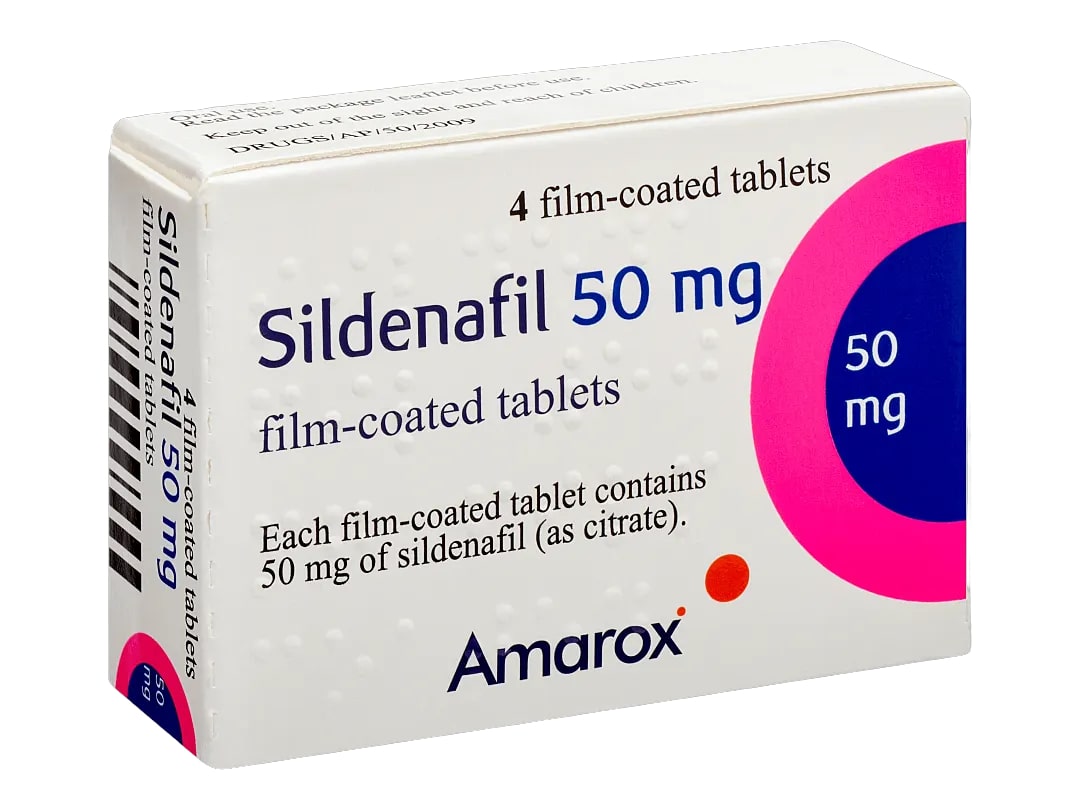Why Choose Sildenafil?
Improved Blood FlowEnhances circulation for overall health and vitality. Sildenafil's ability to improve blood flow can have a positive impact on various aspects of your well-being, contributing to increased energy levels and improved overall health.
Enhanced Sexual FunctionSupports healthy sexual response and satisfaction. By facilitating blood flow to the penis, sildenafil can help men achieve and maintain erections, leading to improved sexual performance and satisfaction.
Potential Fertility BenefitsMay positively influence sperm quality in some cases. While not a primary treatment for infertility, sildenafil's potential to improve sperm motility and blood flow to the testes may offer additional support for reproductive health.
Convenient Oral MedicationEasy to take and integrate into your daily routine. Sildenafil's oral form makes it a convenient option for many men, allowing them to take the medication as needed without requiring injections or other invasive procedures.
Widely Available and AffordableAccessible through various pharmacies and healthcare providers. The availability of generic versions has made sildenafil a more affordable option for many patients, ensuring that those who need it can access the medication without financial burden.
Potential for Pulmonary Hypertension TreatmentHelps manage and alleviate symptoms of pulmonary arterial hypertension. Sildenafil's ability to relax blood vessels in the lungs makes it an effective treatment for pulmonary arterial hypertension, improving breathing and reducing strain on the heart.
Potential for Cardiovascular Health ImprovementMay contribute to overall cardiovascular well-being. By improving blood flow and relaxing blood vessels, sildenafil may have a positive impact on cardiovascular health, potentially reducing the risk of heart disease and stroke.
Potential for Improved Endothelial FunctionSupports healthy function of the endothelium, a vital layer of blood vessels. Sildenafil's ability to improve endothelial function, the lining of blood vessels, can contribute to overall cardiovascular health and reduce the risk of various diseases.
Potential for Reduced Vascular DysfunctionMay help alleviate symptoms associated with vascular dysfunction. By relaxing blood vessels and improving circulation, sildenafil may help alleviate symptoms associated with vascular dysfunction, such as erectile dysfunction and pulmonary hypertension.
Always follow your doctor’s instructions for the best results and safety.


